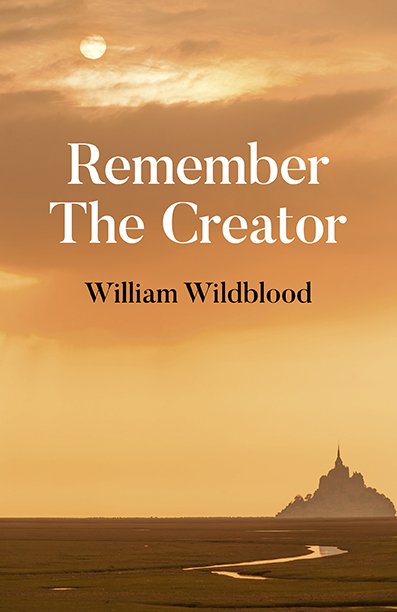My maternal great grandfather was the editor of the Observer newspaper which was first published in 1791 making it the world's oldest Sunday paper. He did well for himself because his father was an Irish labourer who died when he was only two, a sad experience strangely enough shared by my father. My great grandfather left school at 13 and worked first as a messenger and then a clerk which is another coincidence because those were my first two jobs. However, J.L. Garvin went on to distinguish himself in journalism, becoming the Observer editor in 1908 when he was 40 and remaining there until 1942. I never knew him as he died before I was born but his influence was there to be felt when I was growing up and my mother and grandmother often spoke of him.
I say all this because I have just read a couple of articles in the Guardian which is a sister newspaper to the Observer, both journals sharing the same political perspective which traditionally was liberal. But the Guardian has long since become a parody of itself and is now not only one-sided and bigoted but seemingly motivated by hatred of anything good and true. Naturally, it depicts itself as a champion of the poor and marginalised but it obviously just uses those to pursue its agenda of spiritual destruction and value inversion. I am sure that my ancestor would be turning in his grave if he knew what had happened to it but from where he is now he's probably got more sense than to worry about such earthly things and is looking down with sadness but in the knowledge that this world must go through a thorough cleansing which means all the evil that is present must be brought out and expressed.
The two articles are on completely different subjects. One is about the truckers' protest in Canada. It's here. For as long as possible the media in the UK ignored this protest. Then, when they couldn't ignore it any longer, they reported on it but described it as the work of extremists, far right, of course. This Guardian article seeks to blacken it in quite extraordinary terms. Freedom is now the concern of fascist neo-Nazis, it seems. Bodily autonomy is fine if you want to kill your unborn child but not if you have doubts about an improperly tested substance with many well-documented problems, and one that doesn't work very well anyway, being injected into you when statistics clearly show you don't even need it as that which it is intended to protect against is not that dangerous for most people in the first place.
The second article is in some ways even more extraordinary. This one is here. It's all about how Buddhism changed the West for the better and talks about compassion, equality, non-violence, materialism etc. I'm sure that the West has gained some benefits from learning about Buddhism even if there is not too much fundamental in it that the West did not already know from Christianity, albeit in a different form and with a different emphasis. One forgets or doesn't know that the famous image of the Buddha sitting crosslegged in meditation actually derived from Greek statuary as he was originally depicted only by a footprint, early Buddhism being so world-renouncing as to be little concerned with artistic representation. The human spirit being what it is, that could not last and what Buddhist artists did with the Greek influence, which came by way of Alexander the Great's incursions to the East, was all their own genius. But the point is that most people don't know how the West influenced Buddhism from early on, and particularly I would submit with the idea of the Bodhisattva who is clearly not only a Christ-like figure but actually inspired by the spirit of Christ.
I have often said in these pages that I have the greatest respect for Buddhism. I think it is possibly the greatest human achievement, with profound beauty and wisdom. But it is being used nowadays to erode the spiritual influence of Christianity in the West, and let us remind ourselves that Christianity is not a human achievement. It is a divine revelation. Buddhism contains many insights into the human condition and has developed extraordinary tools for exploring and developing consciousness which we can avail ourselves of if we wish. But it is not a replacement for the teachings of Christ which go beyond those of the Buddha in that they reconcile spirit and matter, the individual self and God, in a way that Buddhism does not and cannot. The Buddhist rejection of God is spiritually harmful for the Western psyche as that is a psyche that is supposed to include the individual, albeit in a way that eventually goes beyond itself as itself. For the Westerner it risks creating a false spirituality that is tempting because it does away with God and even, for many moderns, the idea of sin which becomes mere ignorance, a very different thing. This is not what the Buddha taught but it is what Buddhism and Buddhist derived practices often amount to when applied in the West. This article from the Guardian is a perfect example of how Buddhism is being co-opted by leftism and used as an anti-Christian tool. It now seems to be little better than a false spirituality designed to divert those who might be fed up with materialism away from true spiritual understanding into a kind of humanistic, or fake humanistic, substitute, one in which you can pretend to yourself you are spiritual but actually be further away from God than ever because you have replaced him with what amounts to yourself.
